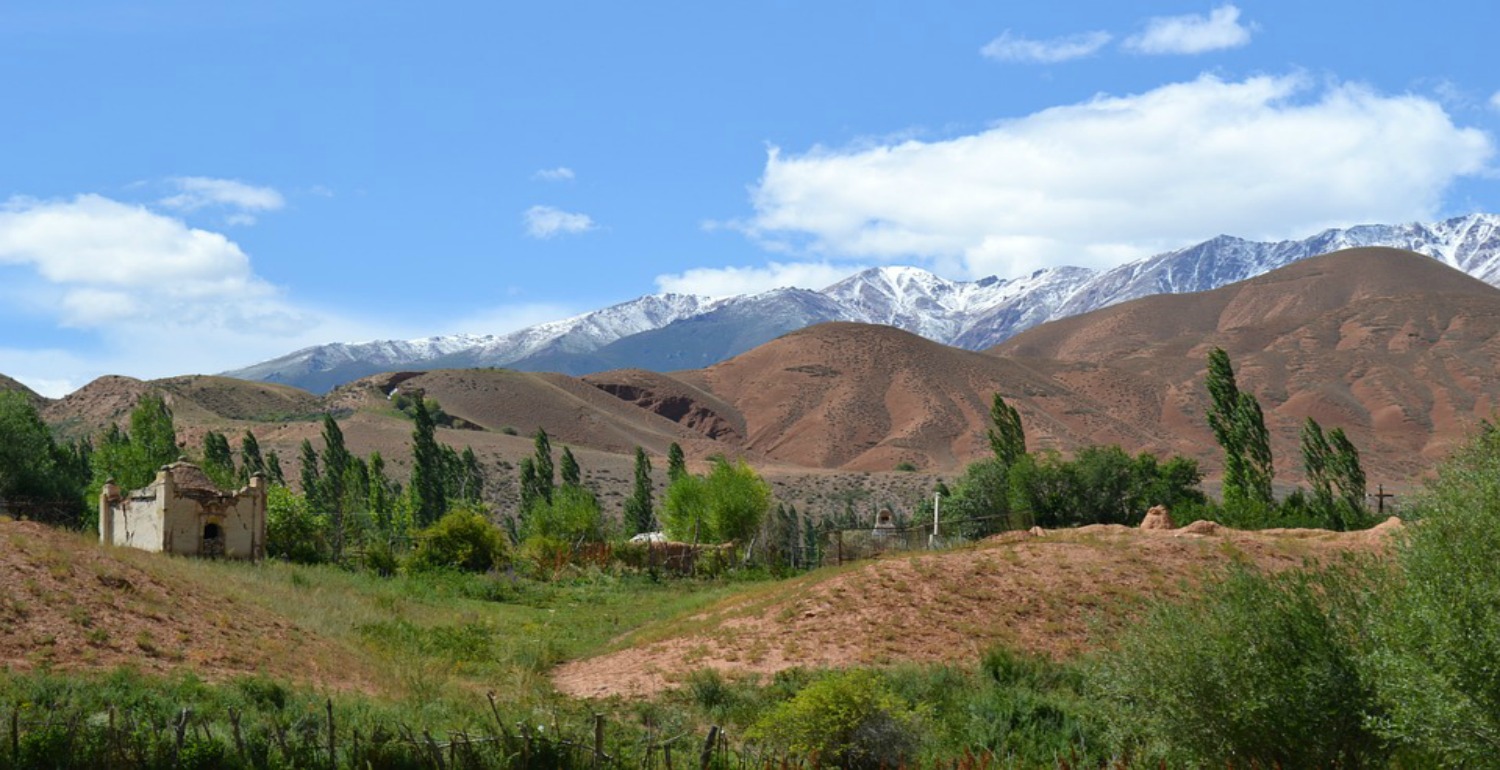Sen. Sam Brownback (R-KS) and others discussed the recent Kyrgyz revolution and the fall of the regime of President Askar Akaev. Protest movements in Georgia and Ukraine led up Akaev’s fall. This hearing discussed the possible implications of such civil unrest were and the prospects for consolidating Kyrgyz democracy and other places to which revolutions may spread.
Members
Hon. Sam Brownback
Chairman
Commission on Security and Cooperation in Europe
Hon. Christopher Smith
Co-Chairman
Commission on Security and Cooperation in Europe
Hon. Benjamin Cardin
Commissioner
Commission on Security and Cooperation in Europe
Witnesses
Zamira Sydykova
Editor
Res Publica
Dr. Martha Olcott
Senior Associate
Carnegie Endowment for International Peace
Daniel Kimmage
Central Asia Analyst
Radio Free Europe/Radio Liberty
Yulia Savchenko
Talk Show Host
Pyramid TV, Kyrgyzstan
Relevant Issues
Relevant Countries
Leadership

Silenced Dissent: The Plight of Political Prisoners ...
Jun 13, 2024WASHINGTON—Across the globe, individuals continue to be targeted, arrested, and imprisoned for peacefully exercising their rights to freedom of speech, assembly, and association. Persecution on political grounds represents a fundamental […]

Vladimir Kara-Murza: Putin’s Personal Prisoner
Sep 20, 2023Stream here: HEARING: Vladimir Kara-Murza: Putin’s Personal Prisoner – YouTube Vladimir Kara-Murza, a father, husband, and a freedom fighter, has been in detention for over five hundred days and is currently […]

Supporting A Democratic and Secure Moldova
Jul 12, 2023In recent years, Moldova has made notable steps to improve its democratic institutions and combat corruption. President Maia Sandu and her Party of Action and Solidarity (PAS) have spearheaded wide-ranging […]
Helsinki Commission Leadership Statement on Georgian...
Mar 06, 2023WASHINGTON—In response to news that the Georgian parliament is considering Russian-style foreign agent legislation, which would have a chilling effect on Georgia’s vibrant civil society, Helsinki Commission Chairman Representative Joe Wilson (SC-2), […]
Helsinki Commission Chair and Co-Chair: Statement on...
Feb 20, 2023WASHINGTON—Following reports of the sharp deterioration of Azerbaijani dissident Bakhtiyar Hajiyev, Helsinki Commission Chairman Rep. Joe Wilson (SC-2) and Co-Chairman Sen. Ben Cardin (MD) issued the following joint statement: “We […]
Tribute to Erika Schlager
Jun 21, 2021I want to acknowledge one individual who recently announced that she is retiring, Erika Schlager, after 34 years of service to the Commission and to the global community. Erika received […]

Helsinki Commission Commemorates 45 Years of Advanci...
Jun 03, 2021WASHINGTON—To commemorate the 45th anniversary of the Commission on Security and Cooperation in Europe, also known as the U.S. Helsinki Commission, on June 3, Chairman Sen. Ben Cardin (MD) and […]
Helsinki Commission Leaders Call on Belarusian Autho...
Apr 13, 2021WASHINGTON—In response to the ongoing crackdown on journalists and civil society in Belarus, including the detention of RFE/RL consultant Ihar Losik for almost 300 days on spurious charges, U.S. Helsinki […]
Helsinki Commission Leaders Commemorate Internationa...
Apr 08, 2021WASHINGTON—Ahead of International Roma Day on April 8, Helsinki Commission Chairman Sen. Ben Cardin (MD), commission leaders the late Rep. Alcee L. Hastings (FL-20) and Sen. Roger Wicker (MS), and […]
Chairman Hastings Introduces LITE Act to Foster Shar...
Feb 18, 2021WASHINGTON—Helsinki Commission Chairman Rep. Alcee L. Hastings (FL-20) on Thursday reintroduced the Leadership Institute for Transatlantic Engagement (LITE) Act to strengthen ties with U.S. allies, protect democratic institutions, and support […]
Helsinki Commission Leaders Decry January 6 Attack o...
Jan 08, 2021WASHINGTON—Following the violent assault on the U.S. Capitol on January 6, Helsinki Commission leaders Rep. Alcee L. Hastings (FL-20), Sen. Roger Wicker (MS), and Sen. Ben Cardin (MD) issued the […]

Co-Chairman Wicker Urges Russia to Reverse Expulsion...
Dec 11, 2020WASHINGTON—Following reports last week that Russian authorities cancelled U.S. citizen and human rights lawyer Vanessa Kogan’s residency permit and ordered her to leave the country by mid-December, Helsinki Commission Co-Chairman […]


